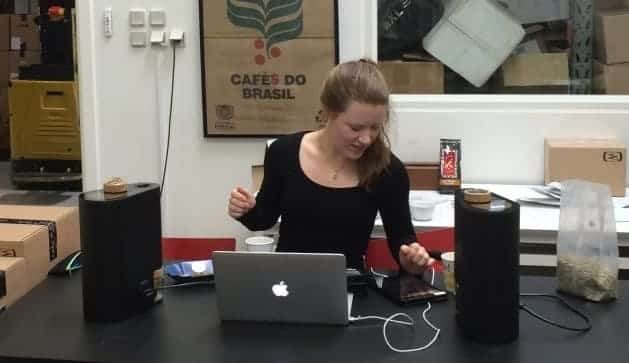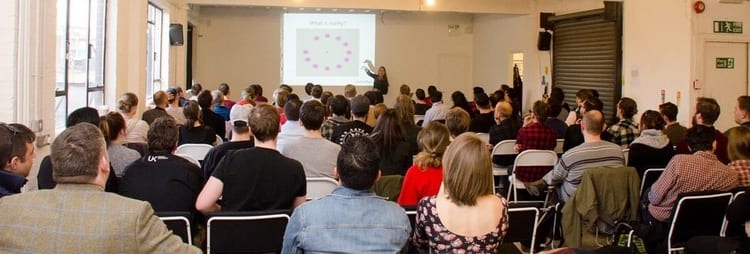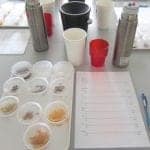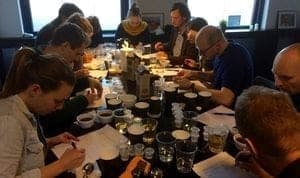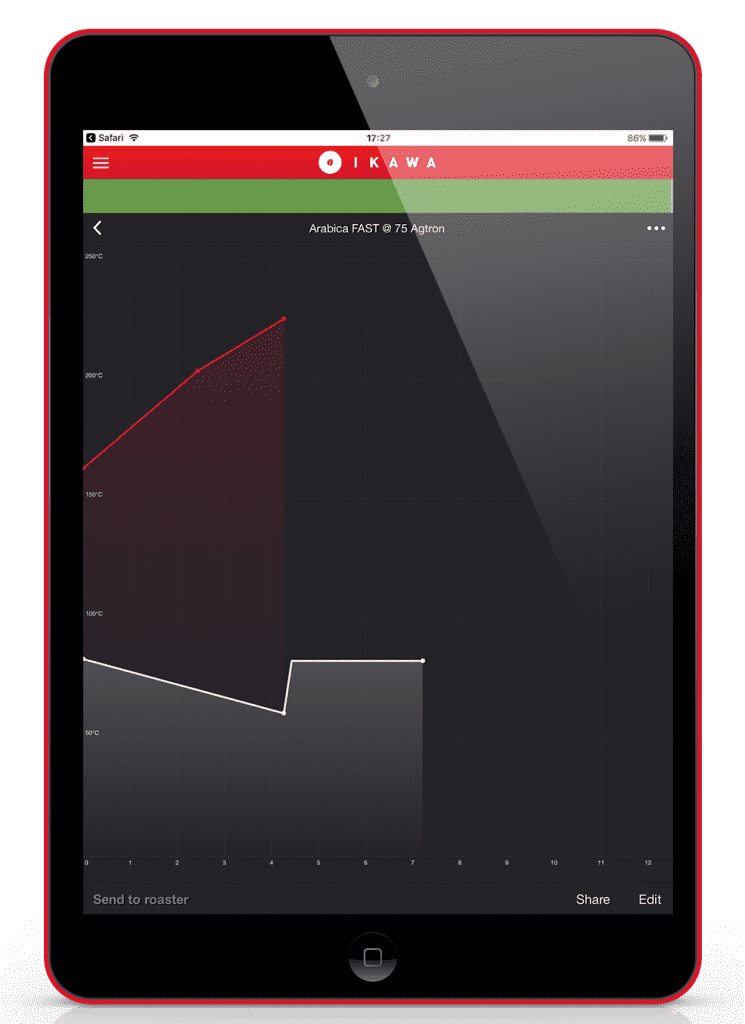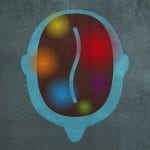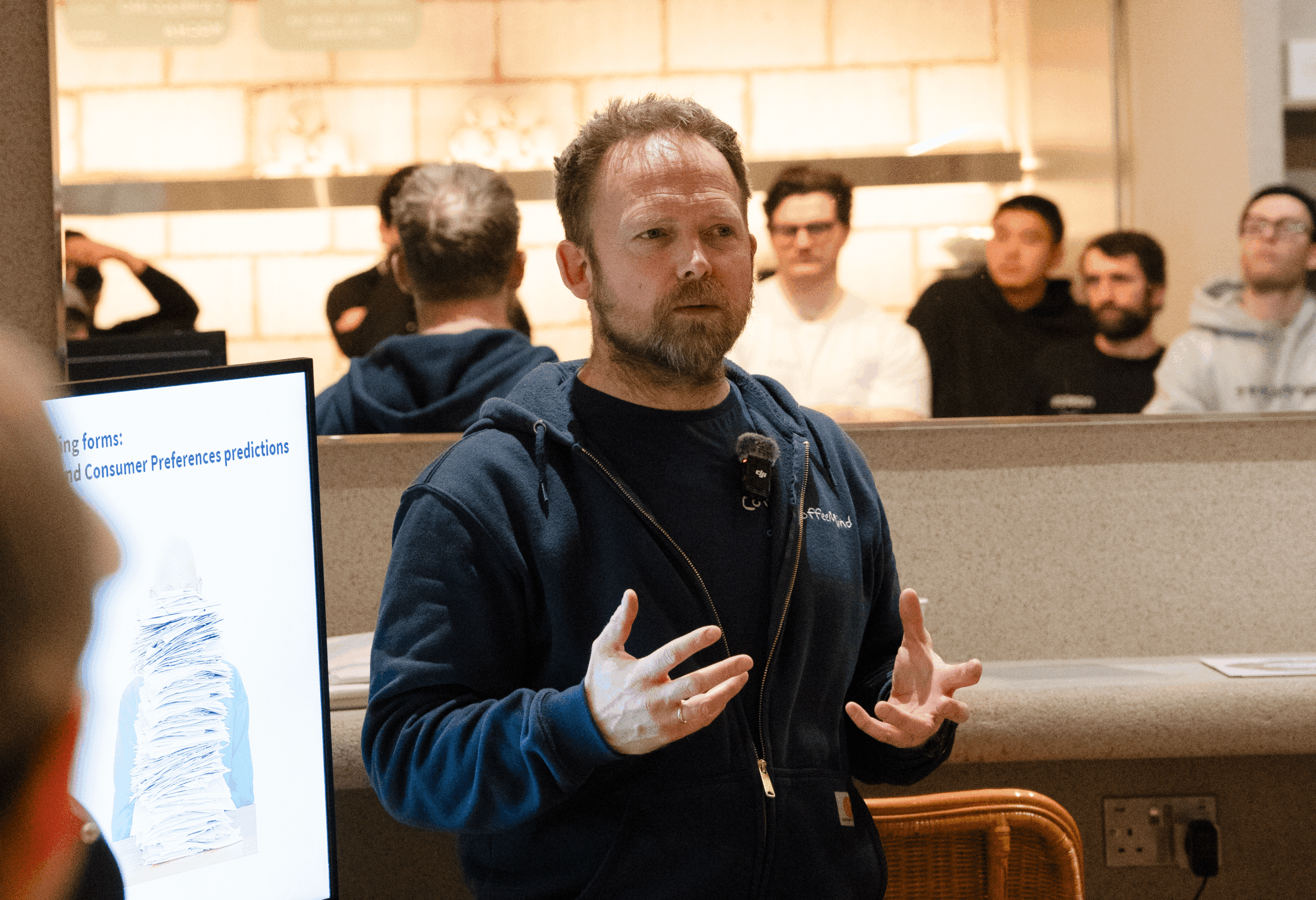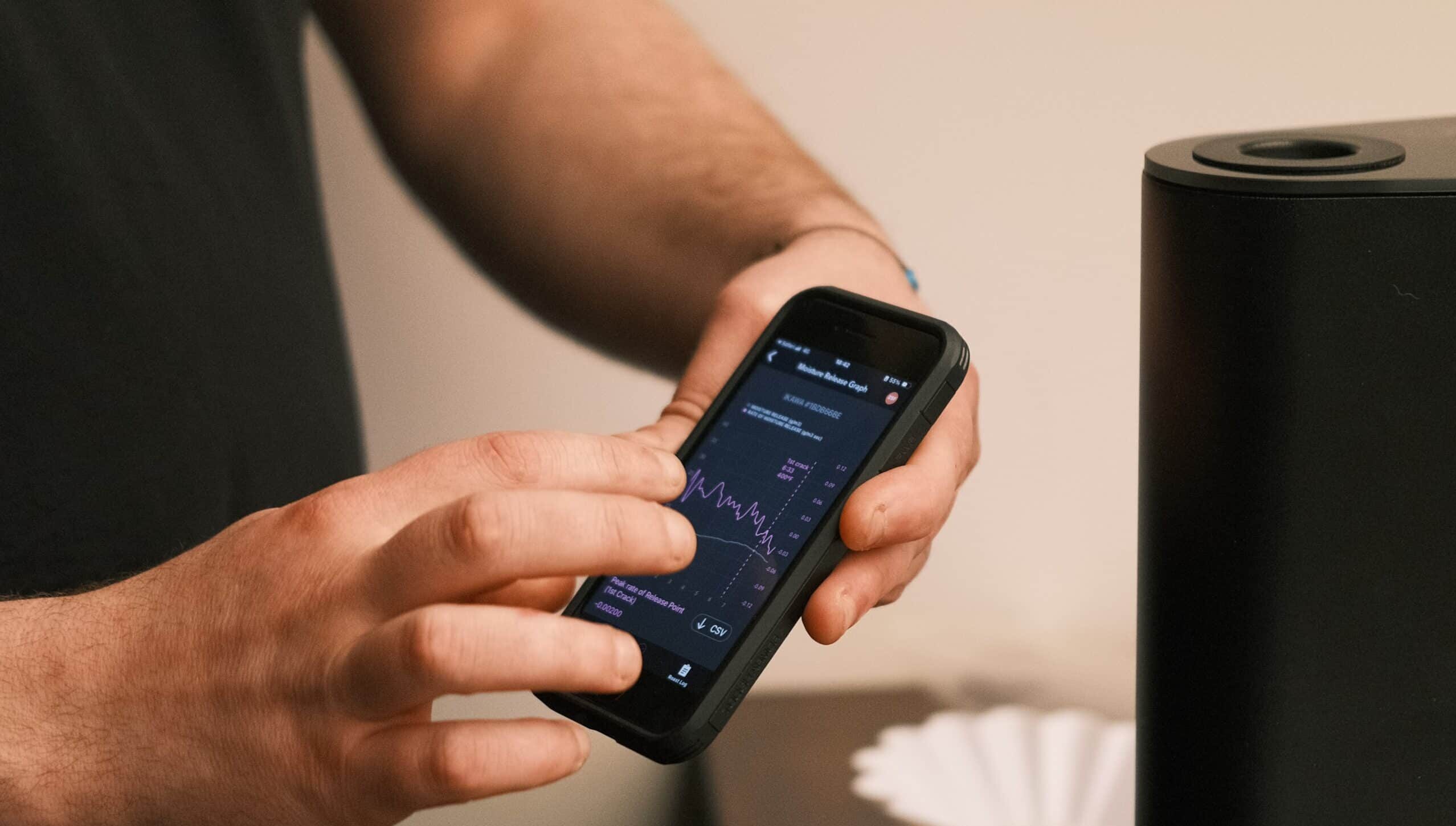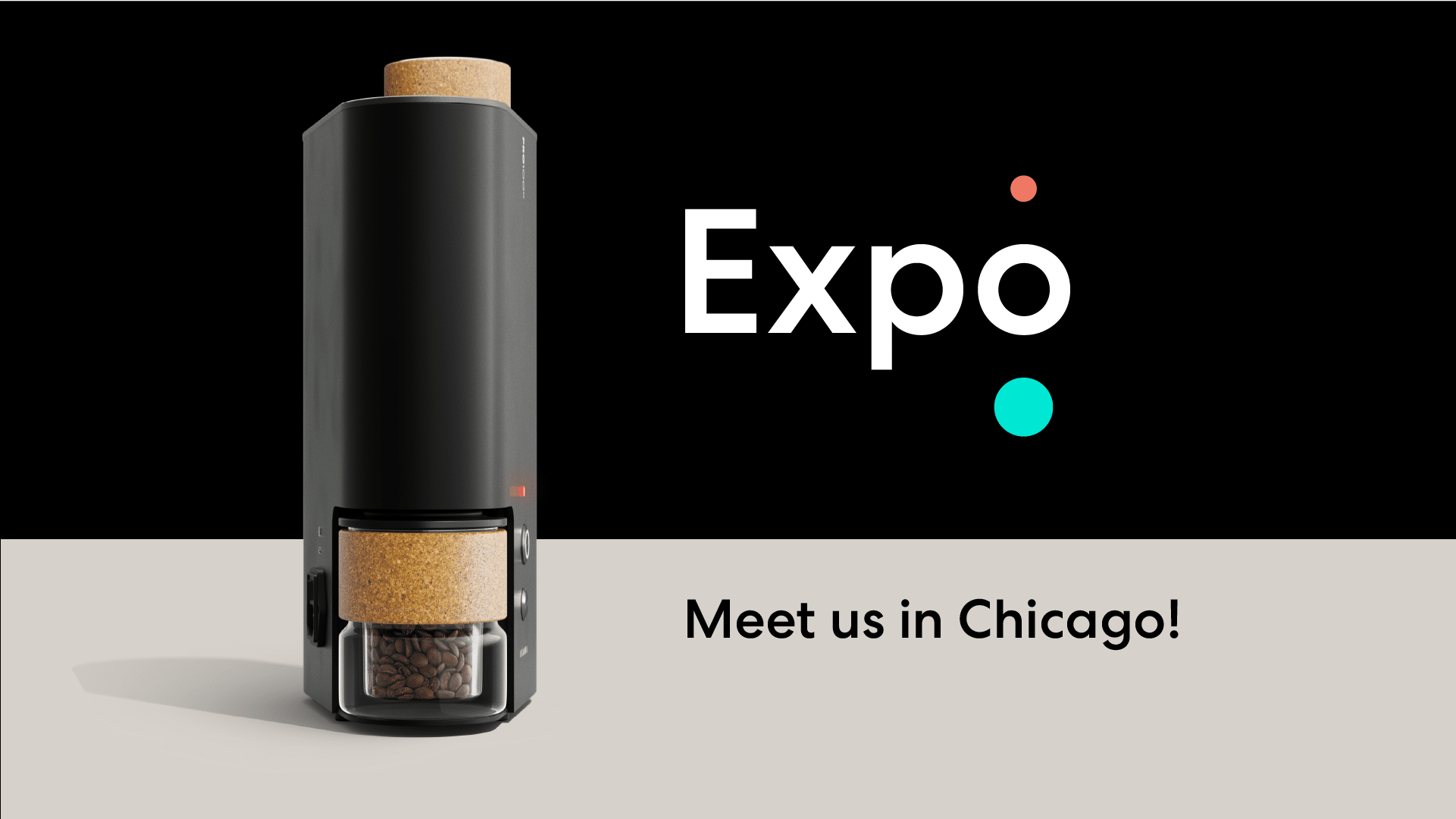How do we conduct a true evaluation of a cup of coffee?
This so important as that has implications to the farmer, and the rest of the supply chain.The true evaluation must not be influenced by others, our surroundings, the previous coffee we just tasted and so on…
This is exactly where sensory evaluation is useful.
Sensory evaluation is a scientific method that measures and analyses responses to products, as perceived through our senses. Sensory methodology can be divided into three categories of testing:
• discriminative
• descriptive and
• affective testing.
The latter – affective testing – is the only subjective evaluation.
Discriminative and descriptive tests are purely objective and determine whether there is a difference between products and how this difference can be described.
If you want to measure the true difference between coffee samples, many variables must be controlled – for instance, the test room should be quiet, temperature controlled, and free from odours and noise.
And critically, it is essential to control all steps of the coffee preparation to ensure that all samples are treated in the exact same way. The samples should be roasted, brewed, numbered, coded and served following precise preparation standards. The IKAWA Pro Sample Roaster has been an indispensable tool in order to repeat the exact roast profile on different coffee samples used for evaluation.

